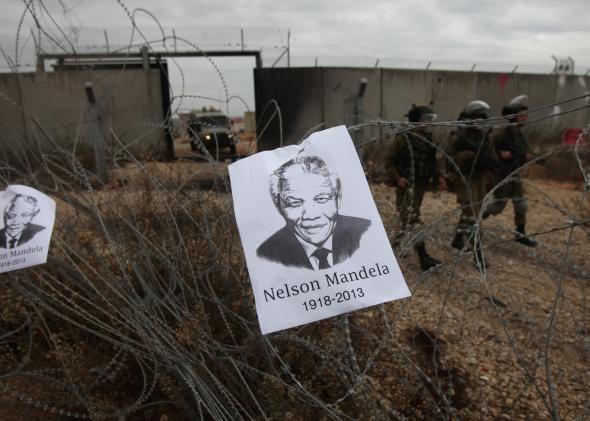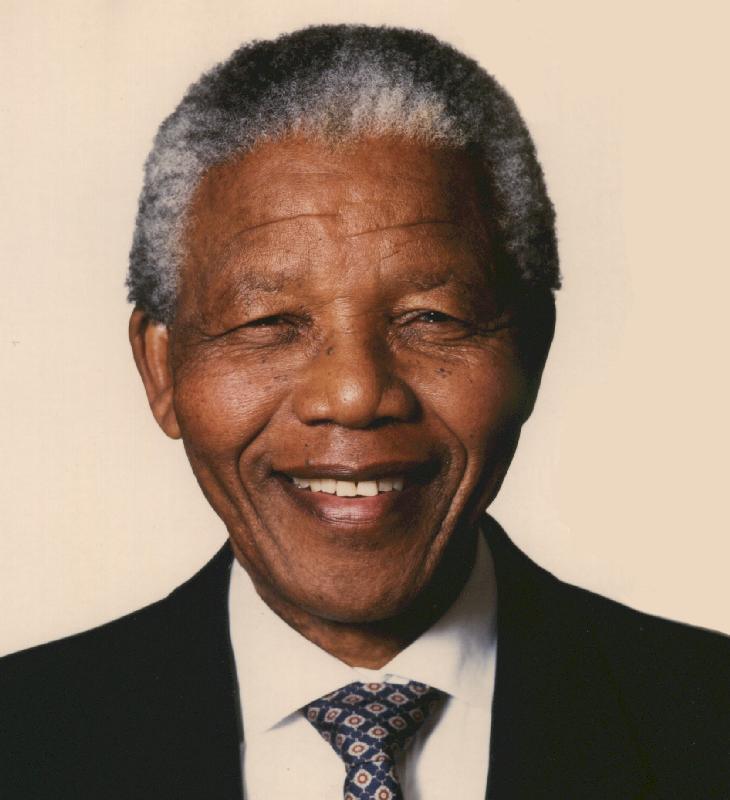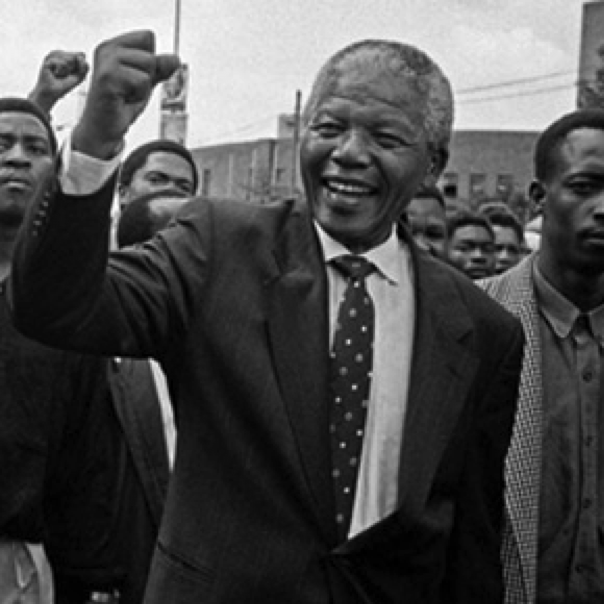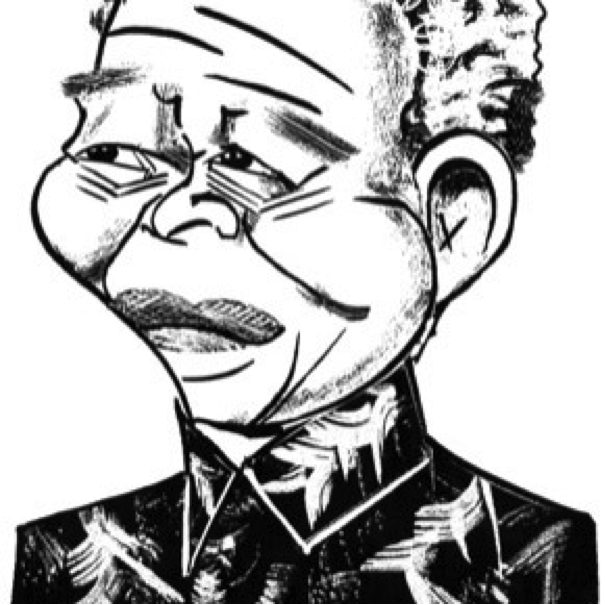
Although most black South Africans revere Mandela and his party for defeating apartheid, many are realizing that fighting inequality and achieving full citizenship will mean taking on the ANC.

Although most black South Africans revere Mandela and his party for defeating apartheid, many are realizing that fighting inequality and achieving full citizenship will mean taking on the ANC.

by Elissa Curtis During the past two years, the photographer Krisanne Johnson has been documenting South African youth.

by Ayana Mathis Some other language is needed to describe Mandela, a hyper-language with which to eulogize him—in short, a poem.

by Hendrik Hertzberg Mandela has often been called the George Washington of his country. But he was also South Africa’s James Madison.

By David Weigel
Every major news event, no matter how sad or epochal, is transformed by the power of social media into a way to carp about politics. Some among us want people to stop doing that.
Nelson Mandela passed away on Dec. 5, 2013 in Johannesburg at the age of 95. Earlier this year, during Mandela’s illness, Eve Fairbanks prepared this assesment of his life and legacy.

If we turn the late South African leader into a nonthreatening moral icon, we’ll forget a key lesson from his life: America isn’t always a force for freedom.

Seldom, if ever, in the annals of human history have all the world’s nations paused on the same day to mourn the death of a political leader. December 5, 2013 was such a day.

by William Finnegan He led his beloved, tormented country from the howling darkness of apartheid to the promised land of democracy.

by Charlayne Hunter-Gault To the very end, Nelson Rolihlahla Mandela remained South Africa’s Father of the Nation.

by Nadine Gordimer I met him in 1964, during the Rivonia Trial, and I was present when he was sentenced to life imprisonment.

Pope Francis is displaying an extraordinary style and passion that demands our attention. He addresses the needs of the poor, embraces outcasts, and loves those on themargins of society.